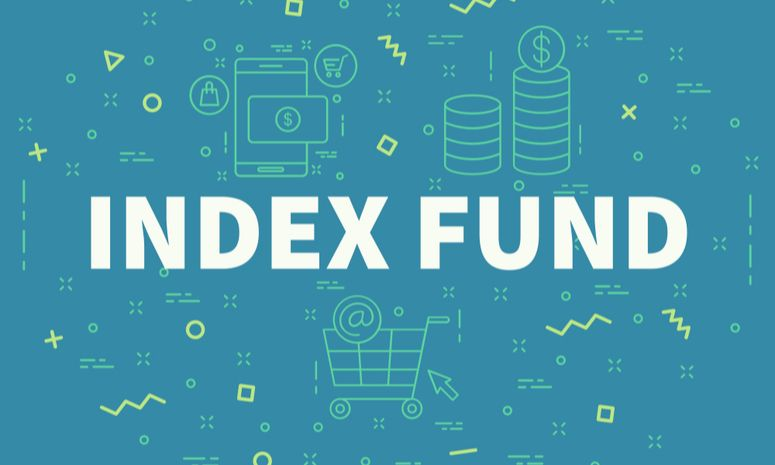Introduction
One of the best ways to put your money to work is through index funds. Index funds are popular due to their low initial cost, ability to diversify holdings, and high average long-term returns. Index funds have consistently outperformed other fund types actively managed by major financial institutions. Mutual funds and ETFs also provide "index funds," which are portfolios of assets designed to replicate the price and yield performance of a market index like the S&''P 500 (SNPINDEX: GSPC). A mutual fund that tracks an index will hold the same types and amounts of investments as that index. The index may have a narrow emphasis, perhaps on a single industry, region, or stock market.

Index Investing Is A Form Of Passive Investing
Index funds investors are relieved of the responsibility of actively managing their stock and bond holdings. Because of this, investment in index funds is sometimes referred to as "passive investing," and it is one of the key distinctions between index funds and mutual funds. Fund managers actively select investments for mutual funds. Index funds aim to replicate the market's performance, whereas mutual funds aim to outperform the market. Index funds have less management costs than mutual funds do since they don't require daily human management. Selecting an index fund rather than a mutual fund could result in substantial cost savings and higher returns over the long term.
Diversification
Index funds are popular amongst investors because they provide instant diversification. Investors can acquire extensive company holdings in a single transaction. Owning one share of an S&''P 500 index fund is like having a stake in hundreds of firms, whereas holding one share of a Nasdaq-100 index fund is like having a stake in around a hundred companies.
Lower Turnover Ratio
The turnover ratio tracks how much of a fund's holdings are switched out annually. If a fund buys 100 equities but sells 10 of them this year, its turnover ratio is 10%. Index funds, being passive, inevitably experience less turnover than their actively managed counterparts.
Lower Risk
Investing in an index fund is safer than holding a small number of equities because of the portfolio's diversification. The index will often move less than an individual stock, but it doesn't imply your money is safe.
Low Cost
Index funds' low expense ratios allow them to offer these advantages at a reasonable cost. Depending on the fund size, annual fees can range from $3 to $10 for every $10,000 invested. The expense ratio for one of the funds above is $0. One of the most critical aspects of your overall return from index funds is their expense ratio.
Other Benefits
Their relatively low management fees are a big draw compared to actively managed funds. The portfolio of an index fund is identical to that of the index it tracks, eliminating the need for active trading and the input of a research team. Index funds have reduced transaction costs since they hold investments until the index changes (which doesn't happen very often). Profits, especially over the long term, might benefit greatly from these reduced expenses.
Massive institutional investors have lagged well behind the simple index-fund investor who has held on for decades. This is largely due to the fees paid to consultants by many institutions, who then advocate high-fee managers. And you'd be playing with fire if you did that. Index funds earn less taxable income for their shareholders since they buy and sell securities less frequently than actively managed funds.
Why Index Funds Might Be Good for You
An index fund is a convenient way to spread your investments across various markets. If you want to invest in the stock market but aren't sure where to start, a wide stock index fund can help you get started with minimal effort. You can use index funds to adjust your portfolio's exposure without selling your current holdings. If you have an S&''P 500 index fund but don't think it has enough healthcare firms, you may buy a healthcare ETF to diversify your portfolio. If, on the other hand, you believe the S&''P 500 already has too many healthcare stocks, you can short the sector by purchasing a bearish healthcare ETF.

Conclusion
Index funds are mutual funds or exchange-traded funds (ETFs) whose holdings are designed to track the performance of a specific index. Index funds are the most successful type of mutual fund over the long term. Index funds offer several advantages beyond their low cost and high diversification, including favorable tax treatment (since they produce less taxable income) and a low level of risk.
watch next


